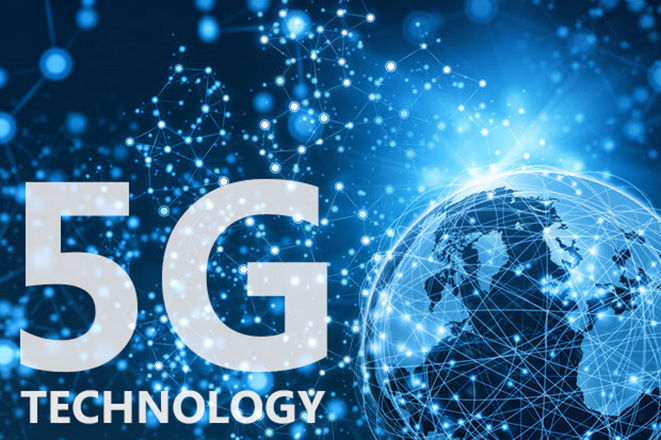Rise by Six: Your Daily Dose of Inspiration
Explore insights and stories that elevate your day.
The 5G Revolution: Are We Just Getting Started?
Uncover the untold impact of 5G! Are we really just scratching the surface of this technological revolution? Dive in and find out!
Exploring the Current Landscape of 5G Technology
The current landscape of 5G technology is transforming the way we connect and communicate. With its emergence, industries are witnessing a seismic shift in operational efficiency and innovation. 5G networks promise enhanced speed, reduced latency, and greater capacity, making them pivotal for the growth of the Internet of Things (IoT), smart cities, and autonomous vehicles. As mobile carriers continue to roll out their 5G infrastructure, businesses and consumers alike are beginning to understand the implications of this technology on their daily lives.
However, the global rollout of 5G technology is not without challenges. Regulatory hurdles, spectrum allocation, and concerns over security are shaping the narrative surrounding its development. Moreover, the disparity in 5G adoption across different regions raises questions about equitable access to technology. As we explore the ongoing advancements and challenges in 5G deployment, it becomes clear that the future of connectivity will hinge on our ability to navigate these complexities effectively.

How 5G is Transforming Industries: A Closer Look
The advent of 5G technology is revolutionizing various industries by enabling faster data transmission and enhancing connectivity. This fifth-generation wireless technology offers speeds up to 100 times faster than its predecessor, 4G. As a result, businesses across sectors such as healthcare, manufacturing, and transportation are leveraging the unique capabilities of 5G to streamline operations, improve efficiency, and deliver better customer experiences. For instance, remote surgeries in the healthcare sector can now be performed with minimal latency, allowing specialists to operate on patients thousands of miles away with precision and confidence.
In addition to healthcare, 5G is also transforming the manufacturing landscape through the implementation of smart factories. With high-speed connectivity, manufacturers can monitor machinery in real-time, analyze data cross-functionally, and predict maintenance needs before issues arise. According to industry experts, this technological shift leads to a significant decrease in downtime and increased productivity. Furthermore, the rise of autonomous vehicles, powered by 5G, is reshaping transportation, promising safer and more efficient logistics and mobility solutions that can handle growing urban populations and demands.
What are the Key Challenges and Opportunities in the 5G Revolution?
The 5G revolution brings with it significant challenges and opportunities that must be navigated effectively. One of the primary challenges is the need for extensive infrastructure upgrades to support the new technology. As mobile providers race to deploy 5G, issues such as cost, coverage, and compatibility with existing networks come into play. Additionally, there are concerns regarding the regulatory landscape and potential health implications of increased electromagnetic exposure from 5G towers. These factors necessitate careful planning and collaboration among telecom companies, governments, and health organizations.
On the other hand, the 5G revolution presents multiple opportunities for various sectors. The increased speed and lower latency of 5G can unlock innovations in industries such as healthcare, where remote surgeries and real-time patient monitoring can enhance care quality. Moreover, the rise of the Internet of Things (IoT) will enable smarter cities, enhanced transportation systems, and improved connectivity for devices. According to industry experts, the economic impact of 5G technology could be profound, creating jobs and driving growth across different sectors, thus making it a pivotal moment in technological advancement.